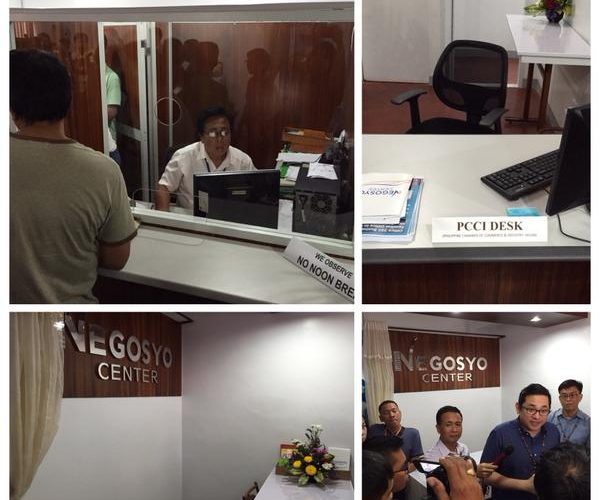SRN-1112: Alarming Increase of Crimes against Journalists
RESOLUTION DIRECTING THE APPROPRIATE SENATE COMMITTEES TO CONDUCT AN INQUIRY, IN AID OF LEGISLATION, ON THE CIRCUMSTANCES LEADING TO THE ALARMING INCREASE OF CRIMES AGAINST JOURNALISTS WITH THE END VIEW OF EXPEDITING THE INVESTIGATION AND RESOLUTION OF THESE CASES
Whereas, journalists have been defined as “individuals who are dedicated to investigating, analyzing and disseminating information, in a regular and specialized manner, through any type of written media, broadcast media, (television or radio) or electronic media. With the advent of new forms of communication, journalism has extended into new areas, including citizen journalism!.” International Human Rights laws guarantee protection of right to life of journalists, right to personal liberty and integrity, freedom from torture and freedom of expression;
Whereas, UNESCO’s General Conference, at its 29th session, adopted Resolution 29 “Condemnation of Violence against Journalists” to condemn assassination and any physical violence against journalists as a crime against society, since this curtails freedom of expression and, as a consequence, the other rights and freedoms set forth in international human rights instruments and to urge that the competent authorities discharge their duty of preventing, investigating and punishing such crimes and remedying their consequences;
Whereas, the recent shooting of eight cartoonists and journalists who work for the French satirical magazine Charlie Hebdo in Paris, France, has sparked global outrage and underscores the need for all nations, including the Philippines, to renew their commitment to protecting and defending freedom of expression and speech and all its instruments;
Whereas, data from the Center for Media Freedom and Responsibility (CMFR) shows that there has been 217 cases of killing of Filipino journalists/media workers since 1986, as of November 2014. Out of the 217 journalists/media workers, 145 were killed in the line of duty. The Autonomous Region of Muslim Mindanao (ARMM) registered the most number of work-related killings since 1986;
Whereas, Nerlita Ledesma, a correspondent for the news tabloid Abante, was shot dead last 08 January 2015 in Balanga City, Bataan. If proven to be work-related, the killing of Ledesma will be the 146th case in the Philippines since 1986 of a journalist/media worker killed because of their profession.
Whereas, based on the report dated 16 April 2014 of the Committee to Protect Journalists (CPl), an independent and non-profit international organization, the Philippines ranked third in the Global Impunity Index, which highlights countries where journalists are slain and the government failed to prosecute the cases. The Index noted 51 unsolved murders of journalists in the Philippines from 2004 to 2013;
Whereas, five years after the Ampatuan massacre, which claimed the lives of 32 Filipino journalists last 23 November 2009 and serves as the world’s worst mass killing of journalists, there has been no conviction. Those charged for the crime are still undergoing trial;
Whereas, the lack of resolution of journalist murders in the country has worsened the plight of media practitioners and threatens to create a chilling effect on the public;
Whereas, the enforcement and the prosecutorial arm of the government should be able to effectively investigate and prosecute these senseless media killings in order to give justice to the victims and their families and put an end to impunity for crimes against journalists.
NOW, THEREFORE, BE IT RESOLVED, as it is hereby resolved to direct the appropriate Senate Committees to conduct an inquiry, in aid of legislation, on the circumstances leading to the alarming increase of crimes against journalists with the end view of expediting the investigation and resolution of these cases.

Recent Comments